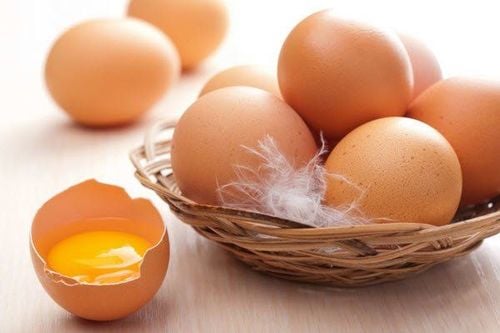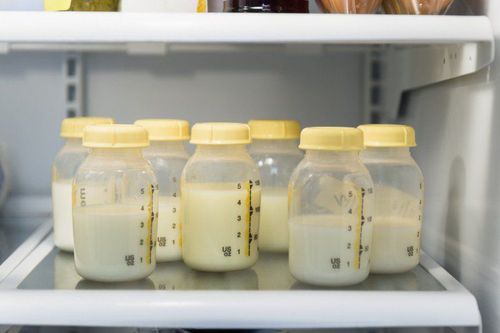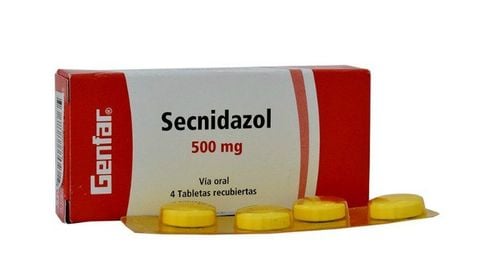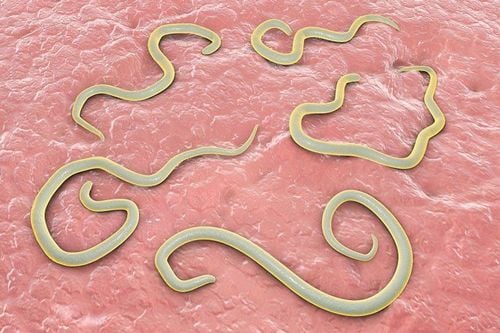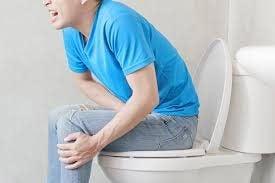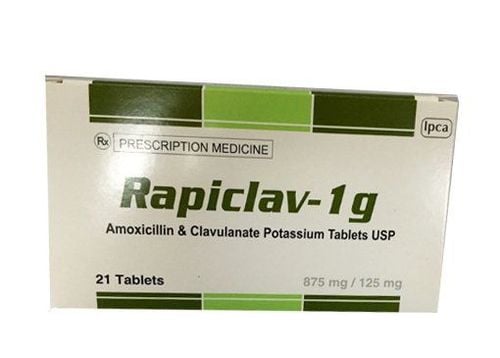The article was professionally consulted with Master, Doctor Vu Quoc Anh - Pediatrician - Department of Pediatrics - Neonatology - Vinmec Danang International General Hospital.
Typically, children over 2 years old should undergo deworming every 6 months. For children under 2 years old, worm infections can cause poor appetite, slow growth, and malnutrition. Therefore, it is necessary to take them to a medical facility for screening and appropriate intervention.
1. Can an 18-month-old child be dewormed?
Routine deworming is recommended for kids over 2 years old. If you suspect worms in an 18-month-old, take them to a doctor for a check-up and tests. Once there is confirmed evidence of worm infection, the child will be treated according to the doctor's instructions.
Deworming medicine can sometimes cause mild side effects like headaches, nausea, or an upset stomach. These usually go away on their own after a few days. However, these symptoms are usually mild and will resolve on their own within a few days. In rare cases, children may experience allergic reactions to the medication, such as rashes, itching, or hives. In such situations, parents should immediately take the child to a medical facility for prompt treatment. Currently, deworming medications can be taken during or immediately after meals without the need to fast, follow a specific diet, or use laxatives. However, deworming medications are generally recommended to be taken in the morning before meals.
2. Preventive Measures Against Worm Infections for Children
Children often crawl and play on the floor and have habits like sucking their fingers. Sometimes, they drop food on the ground and pick it up to eat again. These behaviors make children highly susceptible to infections from various worms, such as roundworms, whipworms, and pinworms. In rural areas, especially in regions where vegetables are cultivated and fresh manure is used as fertilizer, there is a favorable environment for children to contract hookworms, as the larvae can penetrate the skin and enter the body.
When infected with worms, besides residing in the body and consuming its nutrients, worms also cause many troublesome symptoms for children. Worm infections often lead to digestive disorders in children, hindering their ability to absorb nutrients. Prolonged infections can result in slow growth, malnutrition, and weakened immunity, making children more susceptible to other bacterial infections.
Additionally, children may face other complications, such as worms migrating to the bile ducts or causing intestinal obstruction. In young girls, female pinworms laying eggs at the anus can crawl to the genital area, causing infections. For cases of hookworm infection, severe anemia may occur due to chronic blood loss caused by damage to the intestinal mucosa, leading to prolonged bleeding. Therefore, children with worm infections often experience poor appetite, delayed development, stunted growth, malnutrition, and anemia.

To prevent worm infections in children, mothers should prioritize prevention as the best approach:
Teach children to develop the habit of washing their hands after using the toilet and before eating. Adults should also pay attention to this, especially before preparing food or feeding children.
Maintain hygiene in eating and drinking: Provide children with boiled and cooled water, cooked vegetables, and peeled fruits after washing.
Ensure personal hygiene: Regularly trim children's nails, wash the anal area with soap after each bowel movement, prevent children from defecating indiscriminately, and avoid letting them run around naked or wear pants with holes.
Clean children's toys frequently.
In rural areas, set up waste treatment areas far from living spaces and water wells. Prevent children from crawling on the ground or playing with soil and sand.
Deworm children over 2 years old every 6 months. If a family member is infected with pinworms, it is advisable to deworm the entire household.
In short, worms can cause poor appetite, malnutrition, and anemia in kids. Deworming is safe for children over 2 years old, but it’s not recommended for 18-month-olds unless advised by a doctor. If worm infection is suspected, parents should take the child to a medical facility for examination and age-appropriate intervention.

Children in the period from 6 months to 3 years old are very susceptible to respiratory problems, skin diseases and gastrointestinal infections... parents need to pay special attention to the care and provision complete nutrition for children. The pediatric department at Vinmec International General Hospital is the address for receiving and examining diseases that infants and young children are susceptible to: viral fever, bacterial fever, otitis media, pneumonia in children. ,... With a system of modern facilities, medical equipment, sterile space, minimizing the impact as well as the risk of disease spread.
For more nutritional knowledge and child care for each age, parents should regularly visit the website vimec.com and make an appointment with the leading doctors, pediatric and nutrition experts of the National General Hospital. Vinmec when needing advice on children's health.
To arrange an appointment, please call HOTLINE or make your reservation directly HERE. You may also download the MyVinmec app to schedule appointments faster and manage your reservations more conveniently.





